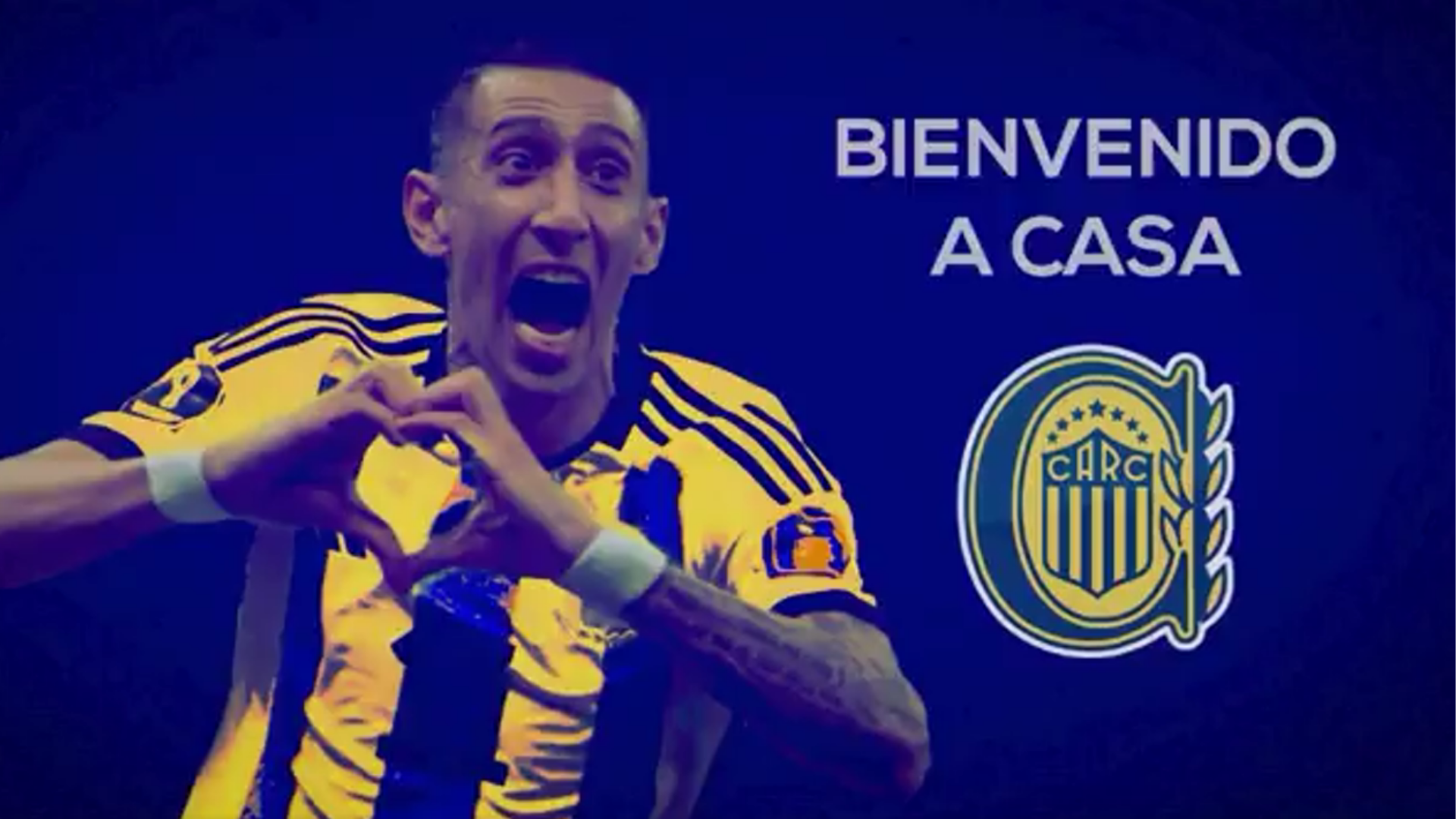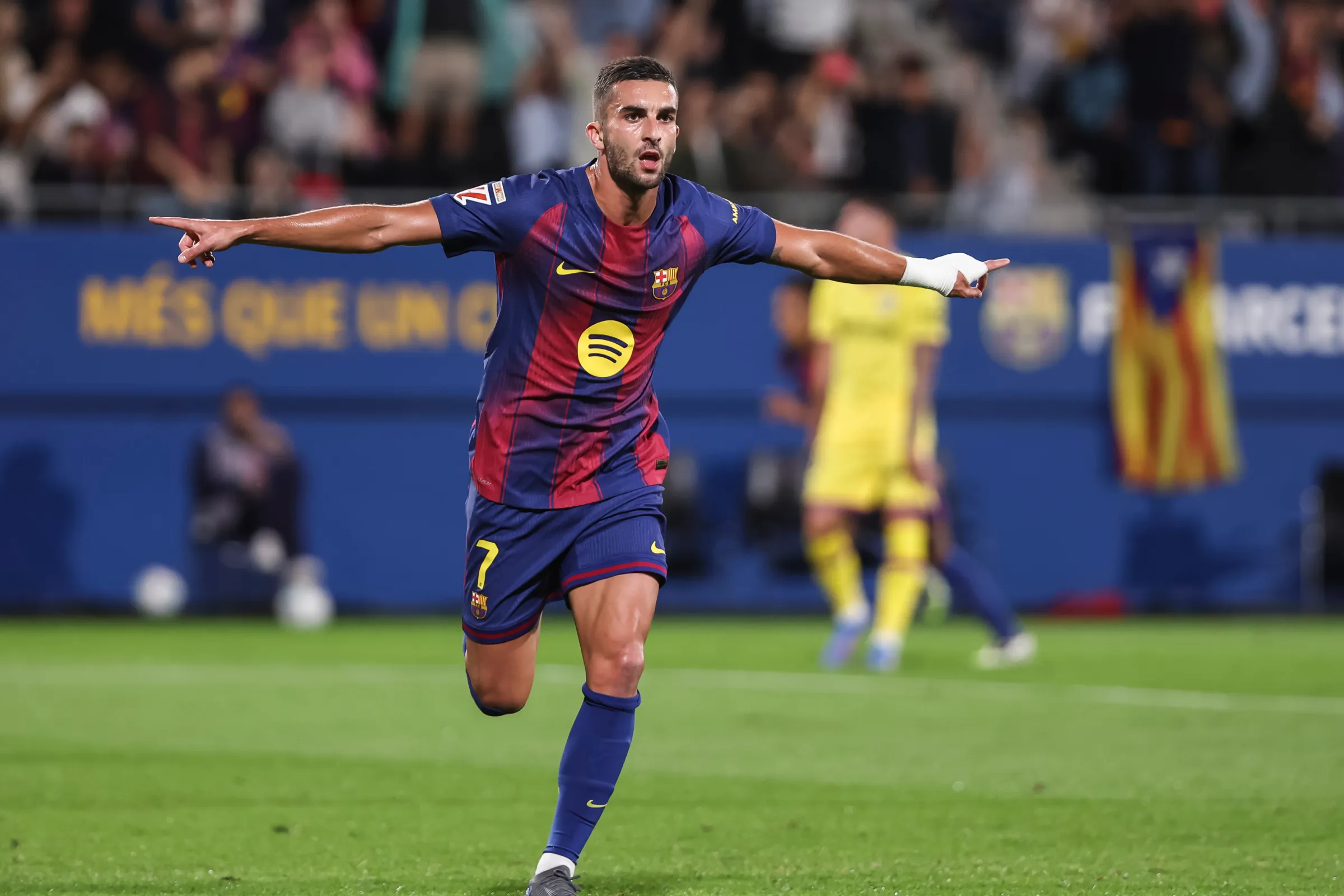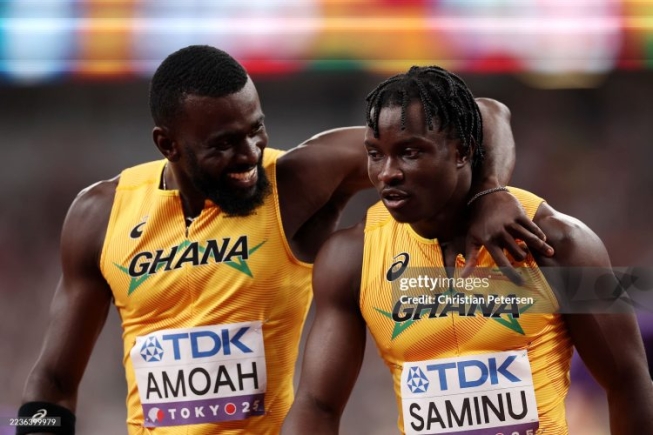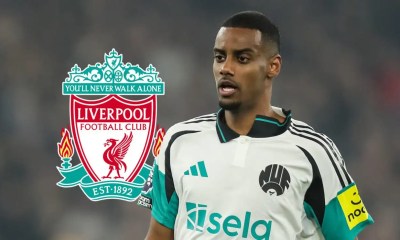Sports
Homecoming Hero: Ángel Di María Returns to Rosario Central After Glorious Career

In a move that has touched the hearts of football fans worldwide, Ángel Di María has officially signed for Rosario Central, marking an emotional return to his boyhood club in Argentina.
The news, first broken by renowned transfer expert Fabrizio Romano, confirmed that the World Cup-winning winger has completed his move back home after a storied career at the pinnacle of world football.
Di María, now 37, began his professional journey at Rosario Central before lighting up the European stage with clubs such as Benfica, Real Madrid, Manchester United, Paris Saint-Germain, and most recently Benfica (again). His return to Rosario brings his incredible journey full circle.
Having amassed over 130 international caps for Argentina, Di María was instrumental in the nation’s 2022 FIFA World Cup victory, where he scored in the final and solidified his legacy as one of the country’s most iconic players.
His decision to return home isn’t just symbolic—it’s deeply personal. Di María has often spoken of his love for Rosario Central, and this homecoming signifies more than just the end of a career—it’s a tribute to where it all began.
Rosario Central fans are expected to welcome their hero with open arms. With his experience and class, Di María will not only boost the club’s performance but also serve as a mentor to the next generation of Argentine stars.
As the football world celebrates his return, one thing is clear: some heroes never forget where they come from.
Would you like this article adapted for social media, a newsletter, or formatted for your blog?
Sports
Barcelona 3-0 Getafe: Catalans Cruise to Convincing Win

Barcelona made it three wins in a row with a commanding 3-0 victory over Getafe on Sunday, September 21, 2025. Ferran Torres scored twice in the first half, and Dani Olmo added a third after the break, keeping Barça unbeaten this season.
From the opening whistle, Barcelona controlled possession and created chance after chance. Torres opened the scoring in the 15th minute after a clever assist from Dani Olmo and doubled the lead just before halftime with a thunderous strike from outside the box.
Getafe tried to respond after the break but struggled to break down Barcelona’s organized defense. The third goal came in the 62nd minute, with Marcus Rashford setting up Olmo to finish calmly, sealing the win.
Torres was the standout performer, while Olmo and Rashford impressed with their attacking contributions. Barcelona’s defense remained solid throughout, keeping a clean sheet and demonstrating why they are serious title contenders.
Sports
Arsenal 1-1 Manchester City: Martinelli Strikes Late to Deny Guardiola’s Men

Arsenal and Manchester City shared the spoils in a tense Premier League encounter at the Emirates Stadium on Sunday, as Gabriel Martinelli’s stoppage-time strike salvaged a 1-1 draw for the Gunners. The result leaves Arsenal unbeaten against City in recent meetings, but both sides may feel they missed a chance to make a strong statement in the title race.
City made the brighter start and struck in just the ninth minute. Tijjani Reijnders launched a rapid counterattack, combining with Erling Haaland, who finished with trademark precision past David Raya to give the visitors the lead. Arsenal, by contrast, struggled for rhythm in the first half, finding it difficult to break down City’s compact shape while also leaving themselves vulnerable on the break.
The second half saw a shift in momentum. Arsenal manager Mikel Arteta introduced Bukayo Saka and Eberechi Eze, whose energy and creativity tilted the game in the home side’s favour. Arsenal pressed higher, dominated possession, and carved out opportunities, but City goalkeeper Gianluigi Donnarumma stood firm, making key saves to frustrate the Gunners. Pep Guardiola’s side, meanwhile, chose to sit deep and protect their narrow lead, sacrificing attacking intent in favour of defensive organisation.
Just when it seemed City’s resilience would deliver all three points, Arsenal struck back in dramatic fashion. In the third minute of stoppage time, Eze’s long ball released Martinelli, who kept his composure to lob Donnarumma and send the Emirates into raptures. The goal secured a deserved point for Arsenal, who had pressed relentlessly in search of an equaliser.
The result leaves Arsenal on 10 points from five matches, while City sit on seven. For Arsenal, the draw was a relief but also a reminder of the fine margins in top-level contests. For City, the late concession underscored lingering questions about their ability to maintain control when defending a lead. Both teams, however, remain firmly in the early title picture, and Sunday’s clash offered a glimpse of the intensity likely to define the race ahead.
Watch the highlights here:
Sports
VIDEO: 2025 World Athletics Championships – Ghana Dominates 4×100 Relays To Qualify For Finals

Ghana won their heat and advanced to the World Athletics Championships’ 4×100 Men’s Relay Race finals by dominating the field.
Team Ghana won first place in 37.79 seconds and advanced to the finals of this year’s Championships, which are being held in Tokyo, Japan.
As they set a new national record, Ibrahim Fuseini, Benjamin Azamati, Joseph Paul Amoah, and Abdul-Rasheed Saminu burned the field.

Japan, the host nation, qualified for the finals by finishing third in 38.07 seconds, while the Netherlands came in second in 37.95 seconds.
The race was dramatic, and the finalists, South Africa, Northern Ireland, and Great Britain, did not make it to the finals because they did not finish the race.
Jamaica also lost the race in the other heat because Kishane Thompson, the silver medallist in the Men’s 100 Metre event, was unable to get the baton during the changeover.
-

 News5 months ago
News5 months agoGH¢49m Spyware Scandal: Ex-NSB Boss’s Claims Lack Credibility – Bright Simons
-

 Opinion5 months ago
Opinion5 months agoA LETTER TO GES
-

 Showbiz5 months ago
Showbiz5 months agoBogo Blay – Woman (Produced By FimFim)
-

 Showbiz5 months ago
Showbiz5 months agoWebz – Odo | MP3 Download
-

 Showbiz5 months ago
Showbiz5 months agoKofi Kinaata Honoured with “Youth in Entertainment” Award at 2025 Millennium Excellence Awards
-

 Sports5 months ago
Sports5 months agoEl Clásico Thriller: Barcelona Edges Real Madrid 4–3 in Seven-Goal Spectacle
-

 News5 months ago
News5 months ago‘Not Chosen by Merit’ – Ghanaian Prophet Predicts Short Papacy for Pope Leo XIV
-

 People & Lifestyle5 months ago
People & Lifestyle5 months agoThe differences between ‘I love you’ and ‘I’m in love with you’




























































